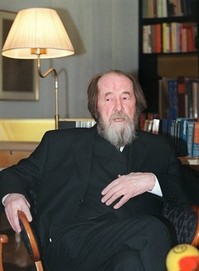 Communion and Liberation,
Communion and Liberation,
Meeting of the Friendship of Peoples
This year's meeting, happening right now so get to Italy fast, is built around the theme of "Either Protagonists or nobodies," seeking to reflect on the concept of the person.
In the past leaders of science, the arts, politics, economics, and the Church have gathered, including Pope John Paul II, Pope Benedict XVI, Blessed Mother Teresa of Calcutta, the founder of the Neo-Catechumenal Way, Kiko Arguello; Nobel winning scientists, leaders in economics, heads of state, and last year United States Supreme Court Justice Samuel Alito.
Pope John Paul II described the Meeting of Rimini as "explicit and conscious echo of the great mystery that the whole Church is reliving during the Jubilee year: the incarnation of the Son of God."
A defender of human reason, Father Luigi Giussani had a deep knowledge of literature and of music, and accorded great value to art as a road that leads to the Mystery. Followed by those belonging to the Movement he founded, now spread in many countries of the world, listened to with respect by many people a various faiths and various professional responsibilities, I like to remember him as a master of humanity and defender of the religiosity inscribed in the heart of the human being (Pope John Paul II).


